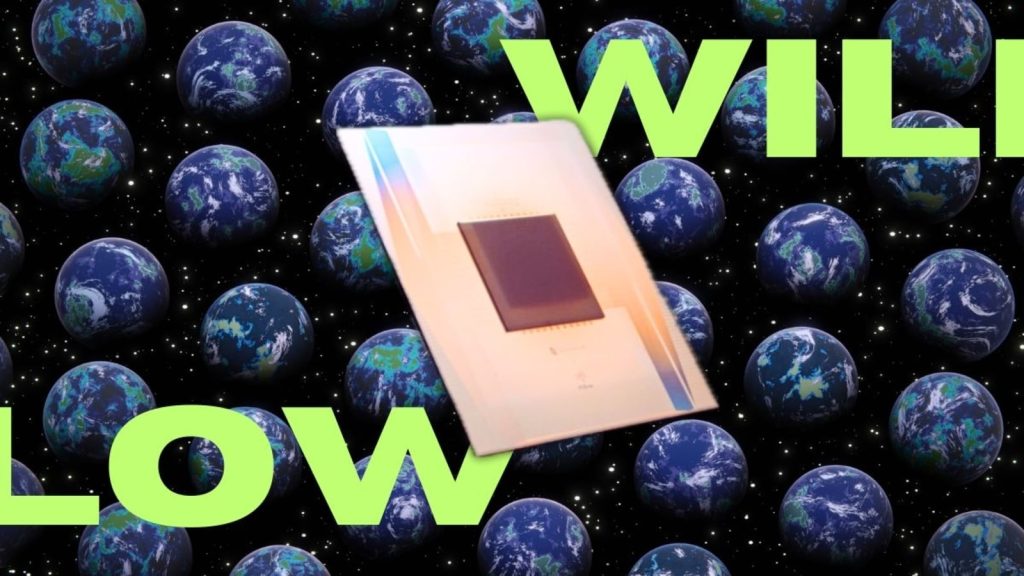Google Quantum Computing Chip Willow: Google has developed a new quantum computing chip called Willow, which is astonishingly fast, a ndcan perform a computation in under five minutes—something that would take today’s fastest supercomputers 10 septillion years. In figures, it is 10,000,000,000,000,000,000,000,000 years. Google describes this achievement as mind-boggling, surpassing known timescales in physics and it is a figure exceeding the age of the universe. At the same time, it pays heed to the fact that quantum computing may operate in many parallel universes, suggesting that we may live in a multiverse. So, is Willow going to reveal the secrets of the universe? We don’t have that answer yet, but this does seem like a step towards that—read on.
ALSO READ: OpenAI Sora explained: How it is different from ChatGPT, and who can use it
Willow Isn’t A Classical Computing Chip, It Is ‘Quantum’?
Willow isn’t a smartphone chip, like Google’s Tensor G4 powering the Pixel 9 series or the Intel Lunar Lake chips. Instead, it’s a quantum computing chip, based on the principles of physics and particle physics. This chip has reportedly been in development for over a decade, with the vision of creating a practical, large-scale quantum computer.
Google refers to quantum mechanics as the “operating system of nature,” aiming to harness its potential to accelerate scientific discovery and address humanity’s most pressing challenges.
This breakthrough even drew attention from Elon Musk, who responded with a “wow” on X (formerly Twitter).
What Are Qubits, and How Do They Differ from Traditional Computing Units?
In traditional computing, the basic unit is represented by either 0 or 1—based on either transistor is on or off. However, “qubits” or quantum bits, can be in both states simultaneously. Think of a flipping coin—a qubit is similar to that—being both heads and tails at the same time until you finally get to see the result.
However, Google says there’s a significant problem with qubits, and this is because qubits have a tendency to rapidly exchange information with the environment. This leads to difficulties in safeguarding the information needed for computation. Google says that the more qubits you use—meaning, the more powerful a computer or chipset becomes—the more errors there will be.
However, Google has been able to use more qubits and solve more errors, thereby making the system more quantum. Google says this state is referred to as “below threshold”—reducing errors while scaling up qubits. Google says that the creation of Willow is the first step towards building a very large quantum computer.
ALSO READ: iPhone 18 Pro tipped to cost a lot more, big reason for price hike is…
Google Willow—A Sign That Large And Useful Quantum Computers Can Be A Reality Soon?
Google states that this is the first system set below threshold, and it is a sign that useful, large-scale quantum computers can eventually be built. This development will allow companies like Google to implement practical and commercially relevant algorithms that cannot be run on traditional computers.
That being said, Willow currently has 105 physical qubits. However, this may not be sufficient for real-world implementations. Scientists speculate that millions or even billions of qubits might be needed to perform calculations that have a real-world impact. It could therefore be a while before we achieve that.


